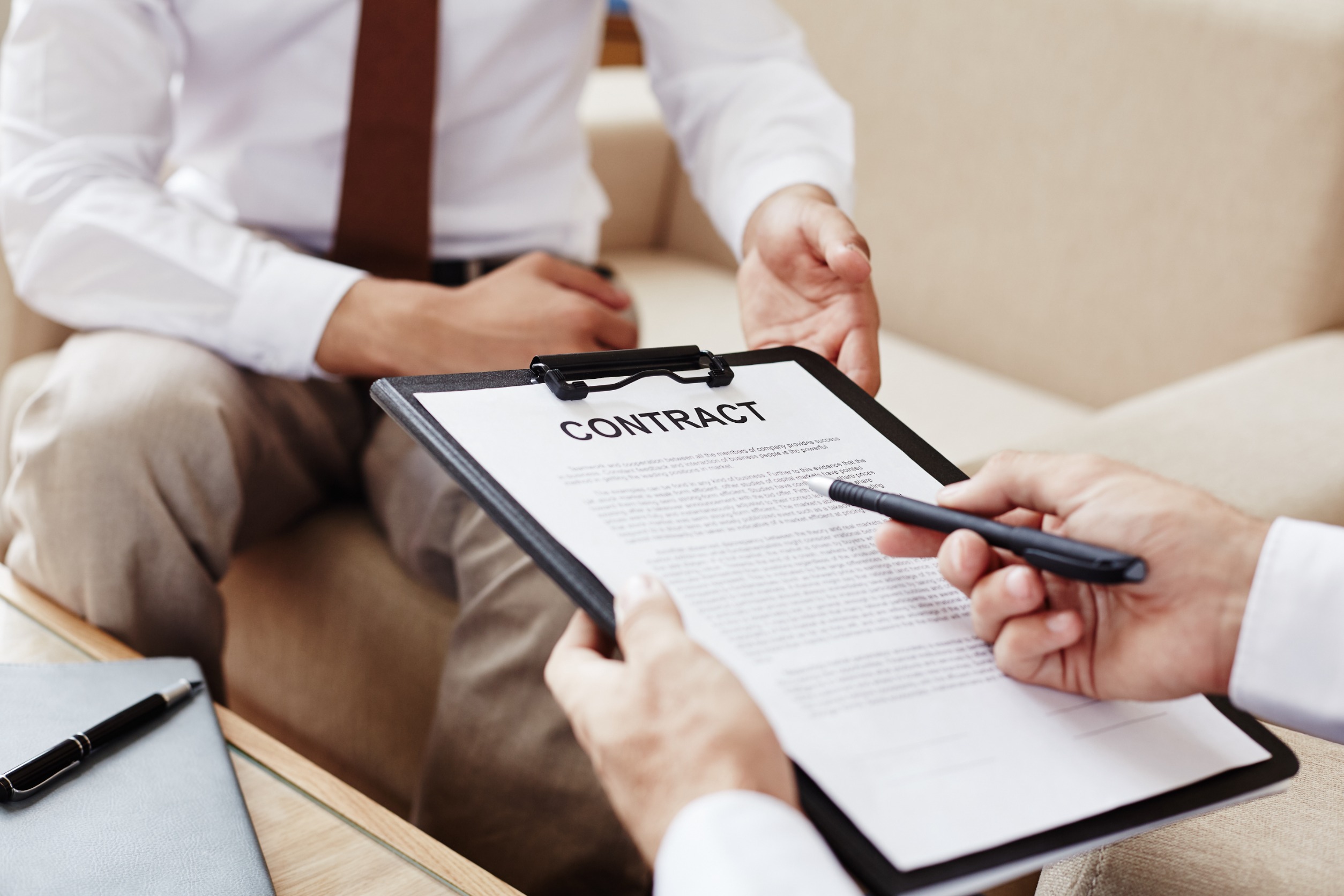7 Questions to Ask Your Insurance Company About Tropical Storm Coverage Before a Storm or Hurricane Hits

Tropical storms can strike with little warning, leaving a path of destruction in their wake. As a homeowner or renter in a storm-prone area, understanding your insurance coverage is essential to ensure you’re protected when severe weather hits. Unfortunately, many policyholders realize too late that their coverage is insufficient or that key details were misunderstood. To help you prepare, here are 7 important questions to ask your insurer about your tropical storm coverage before the next storm approaches:
1. Does My Policy Cover Wind Damage from Tropical Storms?

Wind damage is one of the most common issues during tropical storms, from broken windows to roof damage. While many standard homeowners insurance policies cover wind damage, some policies in high-risk areas might require a separate windstorm rider or have higher deductibles for wind-related claims. Make sure you understand what’s included and if you need additional coverage for wind-related events.
2. Am I Covered for Flood Damage?

Flooding is a frequent consequence of tropical storms, especially in coastal or low-lying areas. Unfortunately, flood damage is not covered by most standard homeowners insurance policies. To protect your home from flood damage, you’ll need to purchase flood insurance separately, often through the National Flood Insurance Program (NFIP) or private insurers. Confirm with your insurer whether flood damage is included in your policy, and if not, consider adding this essential coverage.
3. What Is My Hurricane or Tropical Storm Deductible?

In areas prone to hurricanes and tropical storms, insurers often include hurricane deductibles or windstorm deductibles, which are typically higher than the standard deductible. These deductibles are usually calculated as a percentage of your home’s insured value, often ranging from 1% to 5%. Be sure to ask how this deductible applies, as it can significantly impact your out-of-pocket costs after a storm.
4. Do I Have Coverage for Temporary Living Expenses?

After a major tropical storm, you may need to temporarily relocate while your home is being repaired. Some homeowners insurance policies include loss of use coverage, which helps pay for temporary housing, meals, and other additional living expenses if your home becomes uninhabitable. Confirm with your insurer whether this coverage is included and how much reimbursement you can expect.
5. What Are the Exclusions in My Policy?

Every insurance policy has exclusions—specific situations or damages that are not covered. Ask your insurer to clarify any exclusions related to tropical storms, such as whether damage from storm surges, mold, or sewer backups would be covered. Knowing the limits of your coverage will help you prepare financially for any gaps.
6. Can I Make Changes to My Policy Before a Storm Is Predicted?

Insurance companies often freeze policy changes or the purchase of new coverage when a storm has already been forecast. This “binding restriction” can leave homeowners unable to add critical coverage at the last minute. Check with your insurer about the cutoff time for making adjustments to your policy, and make any necessary changes well before storm season starts.
7. Are My Personal Belongings Fully Covered?

Your personal property is just as vulnerable as your home during a tropical storm. Many homeowners and renters insurance policies offer coverage for personal belongings, but limits apply. Ask your insurer if your belongings are covered against wind or flood damage and if there are any caps on the value of items like electronics, furniture, or valuable collections. You may need to purchase additional coverage or a personal property rider for high-value items.
Final Thoughts

Taking the time to ask these key questions can save you from financial and emotional stress when a tropical storm hits. Review your policy carefully with your insurer, make necessary adjustments, and ensure that you have the right coverage in place. Tropical storms can be unpredictable, but your preparedness doesn’t have to be. Having a clear understanding of your insurance policy will give you peace of mind and the ability to recover more quickly if disaster strikes.

Leave a Reply